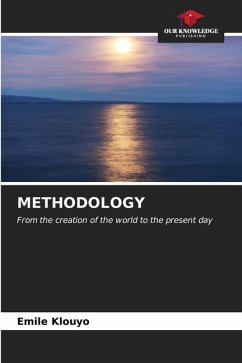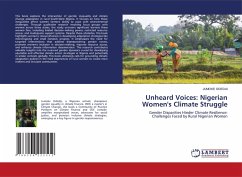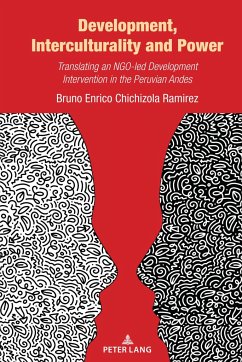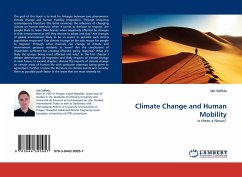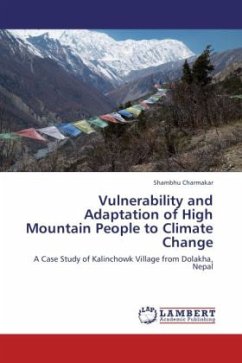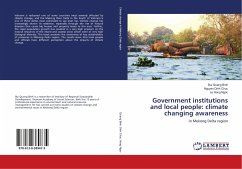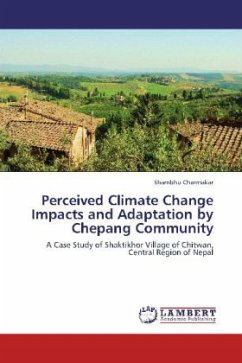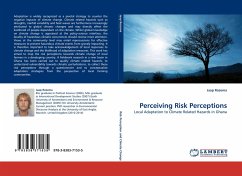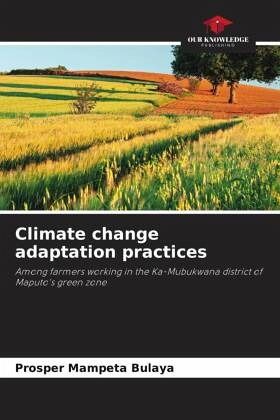
Climate change adaptation practices
Among farmers working in the Ka-Mubukwana district of Maputo's green zone
Versandkostenfrei!
Versandfertig in 6-10 Tagen
40,99 €
inkl. MwSt.

PAYBACK Punkte
20 °P sammeln!
This research explores the climate change adaptation practices of farmers in the green zones of Maputo city. The study examined farmers' perceptions, climate change adaptation practices and the impact of practices adopted in Maputo urban agriculture to cope with climate change.The study was based on the hypothesis that farmers develop new forms of farming practices as a way of adapting to climate change depending on their perceptions, resources and experiences of climate change. Giddens' (1984) structuration theory was the analytical guide for this research. Methodologically, the qualitative m...
This research explores the climate change adaptation practices of farmers in the green zones of Maputo city. The study examined farmers' perceptions, climate change adaptation practices and the impact of practices adopted in Maputo urban agriculture to cope with climate change.The study was based on the hypothesis that farmers develop new forms of farming practices as a way of adapting to climate change depending on their perceptions, resources and experiences of climate change. Giddens' (1984) structuration theory was the analytical guide for this research. Methodologically, the qualitative method based on semi-structured interview was used with a convenience sample of 26 participants who were farmers from Mulauze area, located in the garden district of Ka-Mubukwana urban district. Content analysis was used to analyze the data.The results of the research show that, climate change is considered as a supernatural phenomenon, something of God's will that the research participants cannot change.




